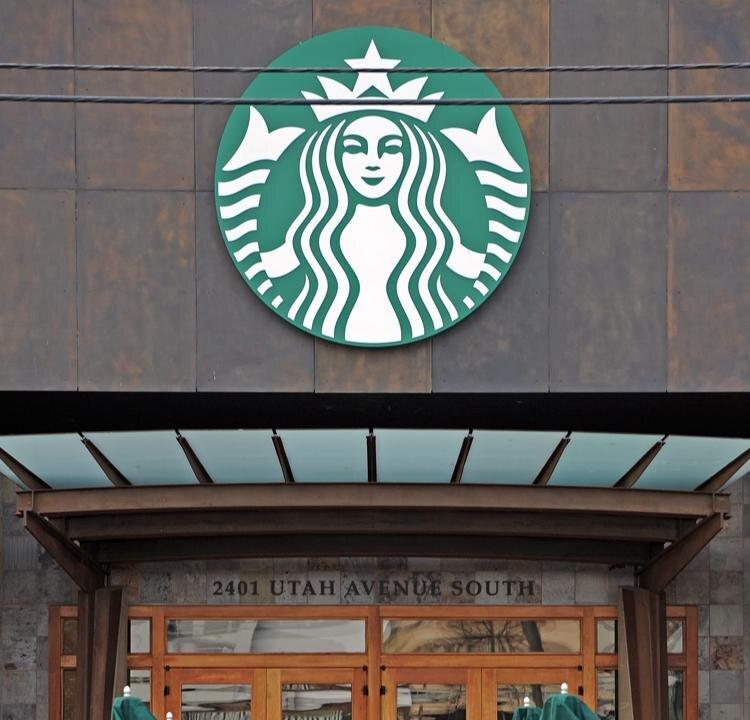Starbucks has failed in its efforts to end a consumer lawsuit claiming many of its “refresher” drinks do not actually contain fruit after a U.S. district court judge on Sept. 16 ruled nine causes of action can go ahead, according to a newly published legal filing.
The coffeehouse giant had moved to dismiss the lawsuit, filed in the New York District Court, arguing it misled customers into believing its popular “refresher” drinks contain all of the fruits in their names.




